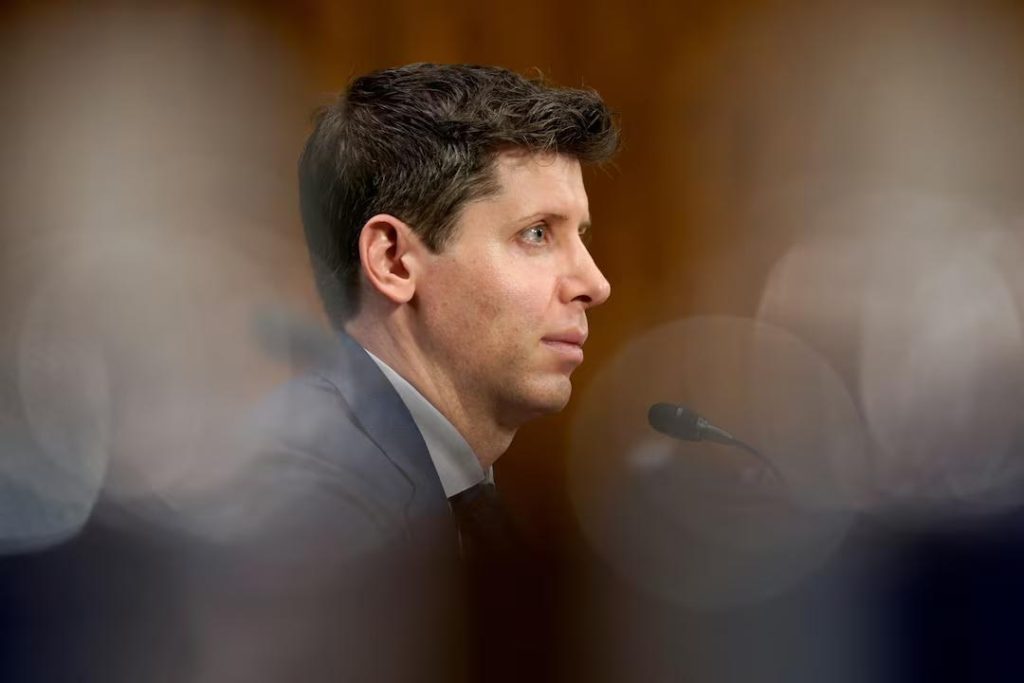
Title: OpenAI Poaches AI Talent from Meta & Others After Meta’s Poaching: Report
In a bold move, OpenAI, the maker of the popular AI language model ChatGPT, has hired four high-profile engineers from Meta, xAI, and Tesla to join its scaling team, according to a recent report by WIRED. This development comes as Meta continues to poach AI talent from across the tech industry.
The four engineers who have joined OpenAI’s scaling team are:
- David Lau, who previously served as the Vice President of Software Engineering at Tesla.
- Uday Ruddarraju, who was the head of infrastructure engineering at xAI.
- Mike Dalton, an engineer at xAI.
- Angela Fan, a researcher at Meta AI.
This move by OpenAI is seen as a strategic counterattack against Meta’s poaching efforts. Meta, the parent company of Facebook, Instagram, and WhatsApp, has been aggressively recruiting top AI talent from around the world. This has led to concerns among other companies, including OpenAI, that they will lose valuable expertise and innovation.
OpenAI’s decision to poach talent from Meta and other rivals is a significant development in the AI landscape. It shows that the company is willing to take bold steps to ensure its continued success and dominance in the field of artificial intelligence.
The poaching of AI talent is a common practice in the tech industry, with companies constantly vying for the best and brightest minds. However, the scale and scope of Meta’s poaching efforts have raised concerns among other companies, including OpenAI.
In recent months, Meta has hired several prominent AI researchers and engineers from top universities and companies, including Google, Microsoft, and Amazon. This has led to accusations that Meta is using its vast resources and influence to poach talent from other companies, rather than developing its own expertise.
OpenAI’s decision to poach talent from Meta and other rivals is a bold move that demonstrates its commitment to staying ahead of the competition. By hiring top AI talent, OpenAI can accelerate its research and development efforts, and stay ahead of the curve in the rapidly evolving field of AI.
In a statement, OpenAI said that it is committed to building a diverse and talented team of AI researchers and engineers. The company believes that its new hires will be instrumental in helping it achieve its goals and stay ahead of the competition.
Meta, on the other hand, has not commented publicly on the poaching of its AI talent by OpenAI. However, the company has said that it is committed to investing in AI research and development, and that it is working to develop its own AI capabilities.
In conclusion, the poaching of AI talent by OpenAI from Meta and other rivals is a significant development in the AI landscape. It shows that the company is willing to take bold steps to ensure its continued success and dominance in the field of artificial intelligence. As the AI landscape continues to evolve, it will be interesting to see how these developments play out, and what implications they will have for the future of AI research and development.






